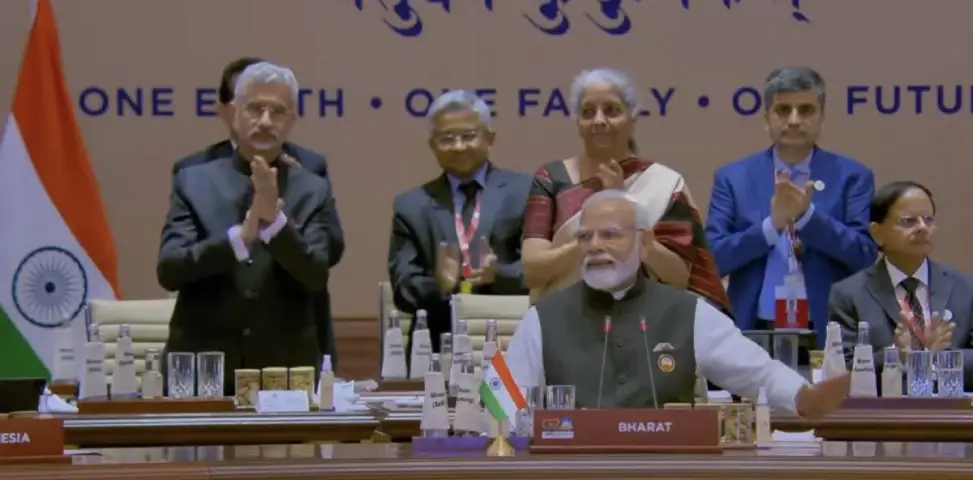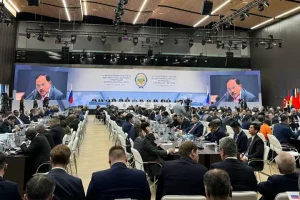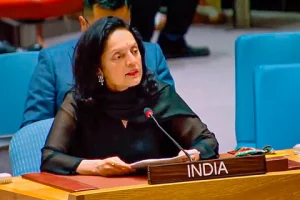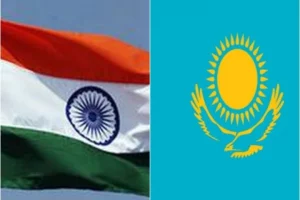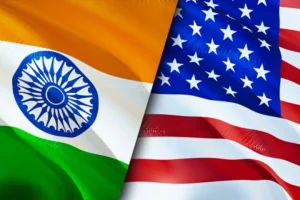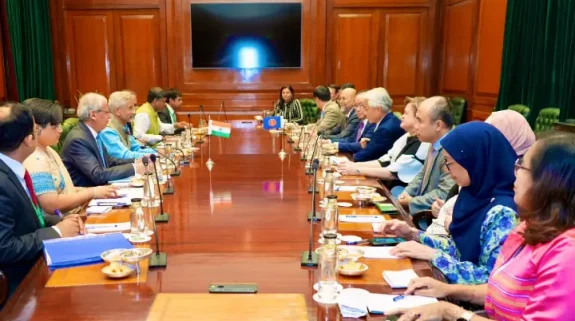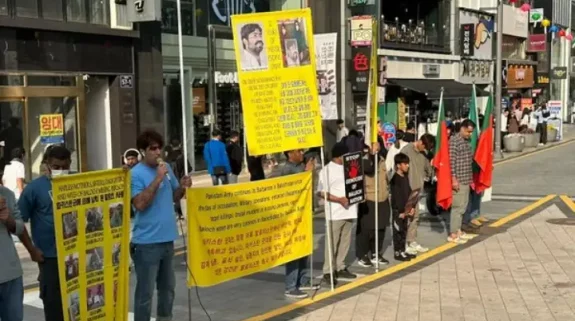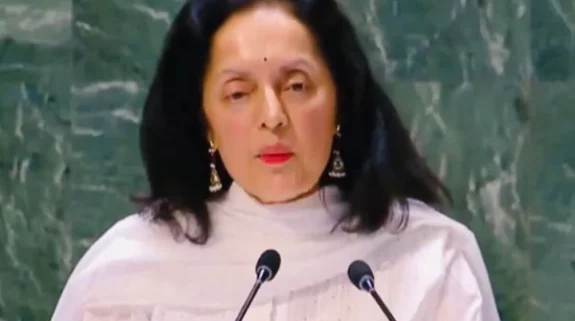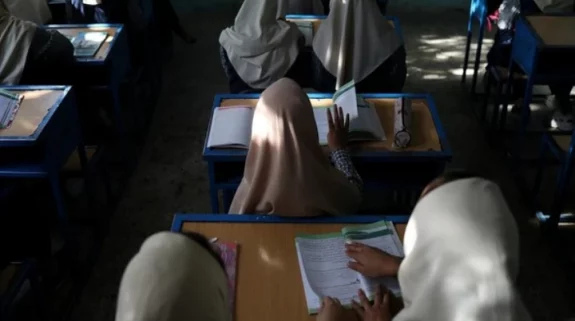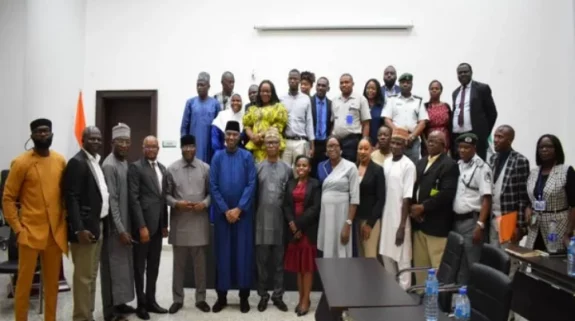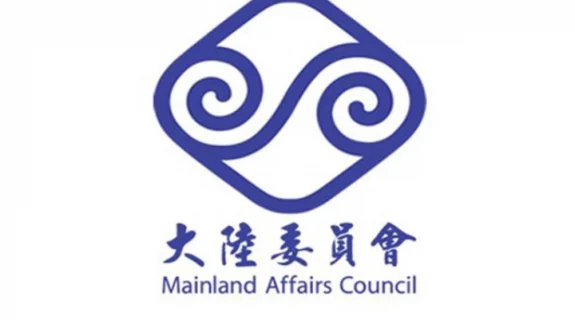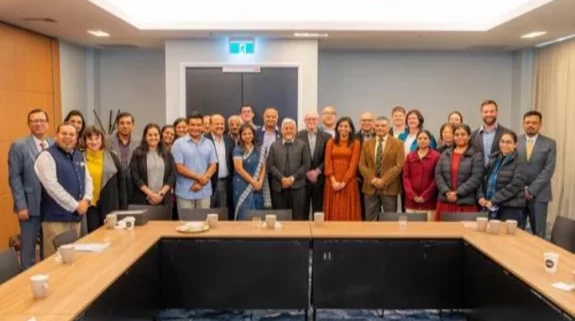The G20 (Group of 20) members condemned terrorism in all forms and recognized that it constitutes one of the more “serious threats to international peace and security,” External Affairs Minister S Jaishankar on Saturday, the first day of the G20 Summit, said.
The G20 group of countries Saturday adopted the New Delhi Leaders’ Declaration where consensus was achieved on all issues, including the divisive Russia-Ukraine issue, making it a historic win for India’s presidency.
In a joint press conference along with Finance Minister Nirmala Sitharaman and G20 Sherpa Amitabh Kant, Jaishankar said, “The leaders condemned terrorism in all its forms and manifestations and recognized that it constitutes one of the more serious threats to international peace and security…”
In the G20 New Delhi Declaration, the G20 members said, “We condemn terrorism in all its forms and manifestations, including those on the basis of xenophobia, racism and other forms of intolerance, or in the name of religion or belief, recognizing the commitment of all religions to peace. It constitutes one of the most serious threats to international peace and security.”
The leaders agreed to enhance the effectiveness of international cooperation to refuse any safe haven to terrorist groups as well as financial, material or political support.
” We strongly condemn all terrorist acts against critical infrastructure, including critical energy facilities, and against other vulnerable targets. All acts of terrorism are criminal and unjustifiable, regardless of their motivation, wherever, whenever and by whomsoever committed. Effective counterterrorism measures, support for the victims of terrorism and the protection of human rights are not conflicting goals, but complementary and mutually reinforcing. A holistic approach on the basis of international law can effectively counter terrorism. Efforts to increase the effectiveness of international cooperation should be strengthened to deny terrorist groups safe haven, freedom of operations, movement and recruitment, as well as financial, material or political support,” it added.
Meanwhile, at the press conference, the EAM referred to paragraphs 74, and 75 of the declaration and said, “I would draw your attention to paragraphs 74 and 75 of the leaders’ declaration. 75 speaks about the role of the FATF (Financial Action Task Force) because clearly, the financing of terrorism is a very strong concern that the entire international community, not just the G 20 shares. The 74 deals with illicit trafficking and diversion of small arms and light weapons. So I think these are concerns. So within the G 20, I think these conversations are quite helpful, but obviously, in terms of policy action, they will be carried into their mechanisms and forums which focus on the issue.”
The 74th and 75th paragraphs of the New Delhi Declaration read, “We also express concern about illicit trafficking and diversion of small arms and light weapons. International cooperation among States is critical to combat these phenomena, including export, import controls, and tracing. We commit to supporting the increasing resource needs of the FATF and FATF Style Regional Bodies and encourage others to do the same, including for the next round of mutual evaluations.”
The G20 members remain committed to the timely and global implementation of the revised FATF Standards on the transparency of beneficial ownership of legal persons and legal arrangements to make it more difficult for criminals to hide and launder ill-gotten gains.
The members welcome the ongoing work of the FATF to enhance global efforts to recover criminal proceeds, in particular, the progress made by the FATF towards revising its standards on asset recovery and reinforcing global asset recovery networks. They also reiterated the importance of countries developing and implementing effective regulatory and supervisory frameworks to mitigate risks associated with virtual assets in line with FATF Standards, especially for terrorism financing, money laundering, and proliferation financing risks.
In this regard, the G20 members support the FATF’s initiative to accelerate the global implementation of its standards, including the “travel rule”, and its work on risks of emerging technologies and innovations, including decentralised finance (DeFi) arrangements and peer-to-peer transactions, as per the joint declaration.






